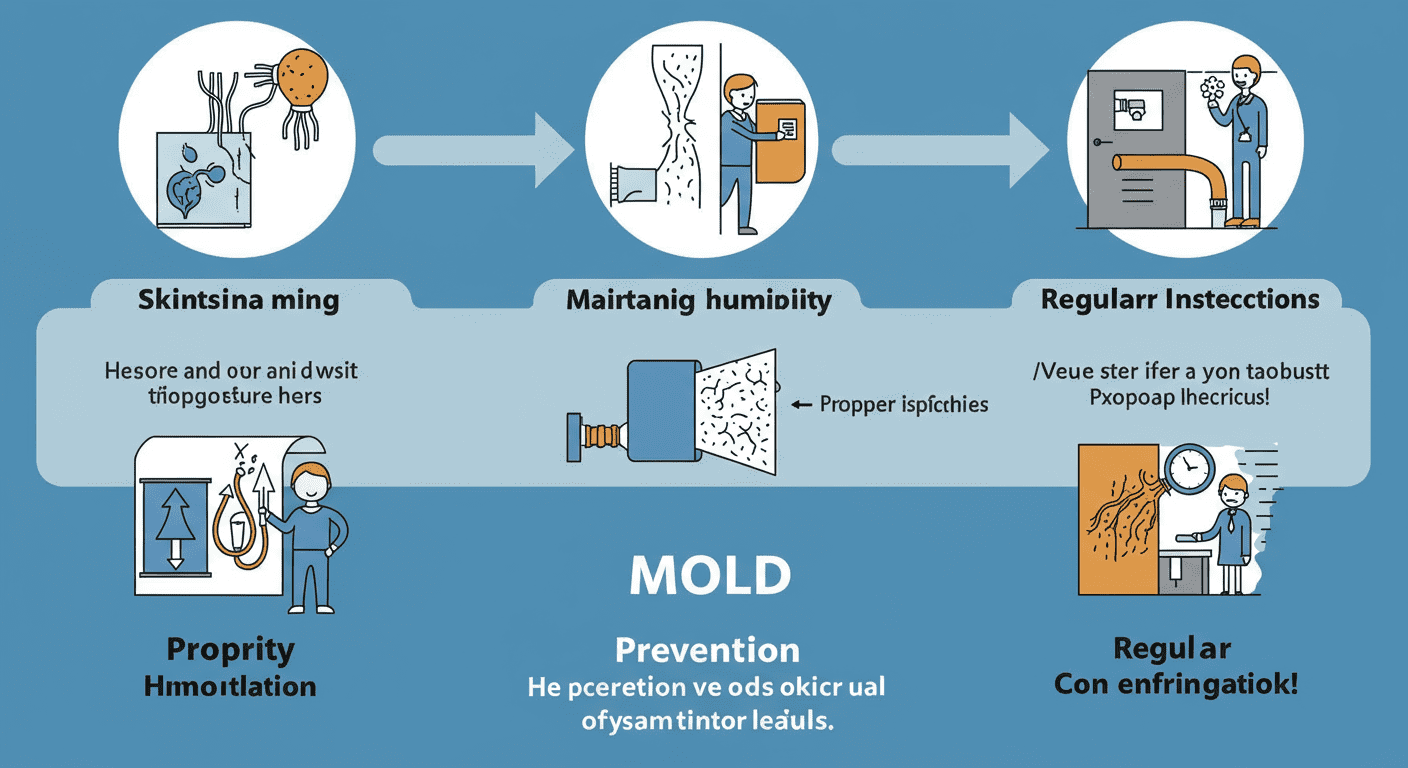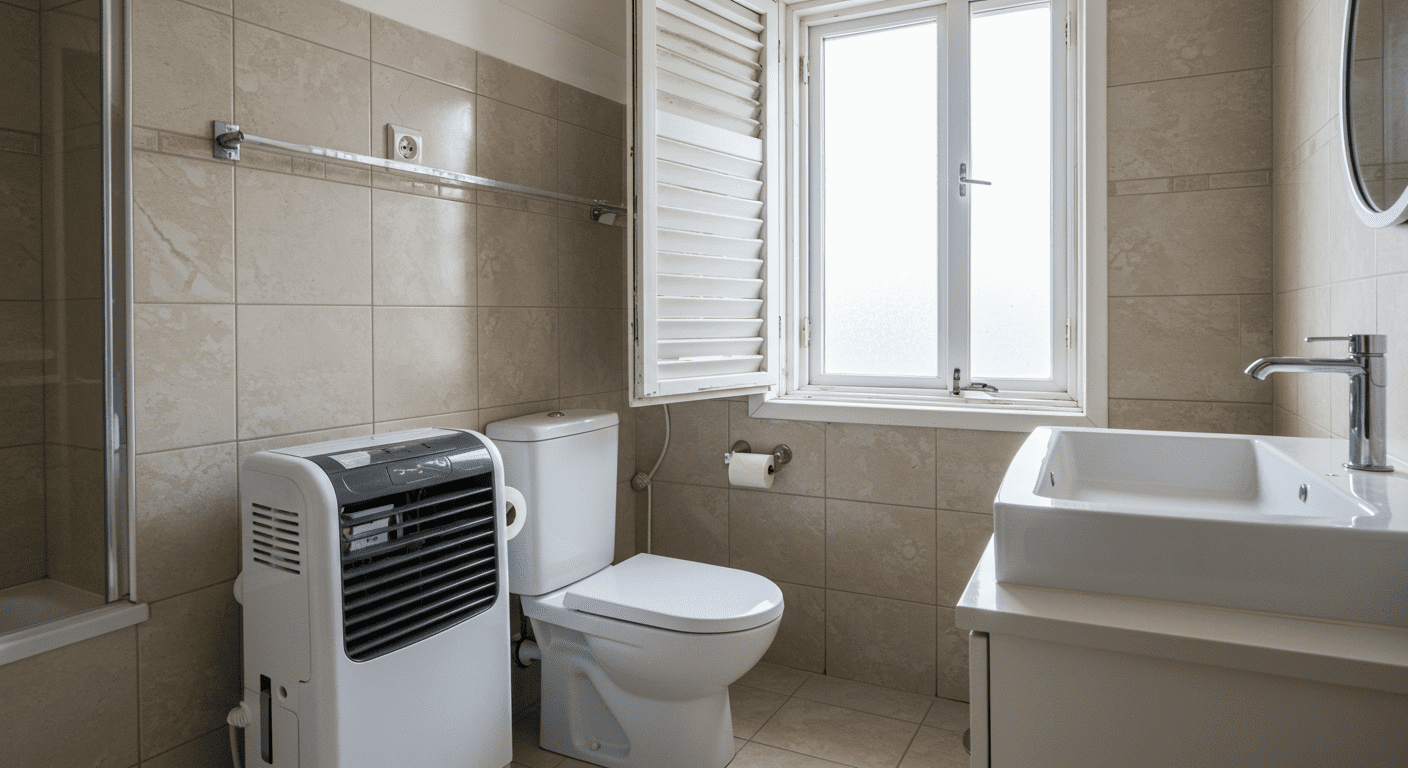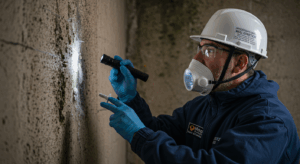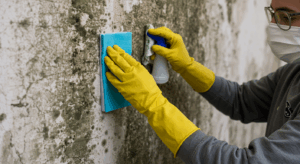Mold is a common yet often underestimated problem in many homes, especially in humid areas like Lakeland, FL. Not only does it affect the structural integrity of your home, but it also poses significant health risks. This guide will walk you through everything you need to know about fungus mold, including its causes, health implications, prevention strategies, and remediation options.
Understanding Fungus Mold: What You Need to Know
Definition and Types of Mold
Mold is a type of fungus that thrives in damp and humid conditions. It reproduces through tiny spores that float in the air and can settle on various surfaces. Common types of household mold include black mold (Stachybotrys), Aspergillus, and Cladosporium. Each type has unique characteristics, but all can lead to similar issues if left untreated.
Common Causes of Mold Growth in Homes
Mold growth is often triggered by excess moisture, which can come from various sources such as leaks, condensation, or high humidity levels. Poor ventilation, plumbing issues, and flooding are other common culprits. In Lakeland, FL, the humid climate creates an ideal environment for mold to thrive, making it essential for homeowners to stay vigilant.
Health Risks Associated with Mold Exposure
Symptoms of Mold Allergies
Exposure to mold can cause a range of health issues, particularly for those with allergies or respiratory conditions. Common symptoms include sneezing, coughing, itchy eyes, and skin irritation. In severe cases, mold exposure can lead to chronic respiratory problems and even asthma attacks.
Vulnerable Populations at Risk
Certain groups are more susceptible to the health risks associated with mold. These include children, the elderly, and individuals with weakened immune systems. Pregnant women and people with pre-existing respiratory conditions are also at higher risk. Understanding these vulnerabilities can help you take proactive measures to protect your loved ones.
Effective Prevention Strategies for Mold Growth
Maintaining Optimal Humidity Levels
One of the most effective ways to prevent mold growth is by controlling indoor humidity levels. Aim to keep the humidity below 60%, ideally between 30-50%. Using a dehumidifier can be particularly helpful in Lakeland’s humid climate.
Importance of Proper Ventilation and Moisture Control
Proper ventilation is crucial in areas prone to moisture, such as bathrooms and kitchens. Ensure that exhaust fans are functioning correctly and consider installing additional ventilation systems if needed. Regularly inspect your home for leaks and repair them promptly to prevent moisture buildup.

Mold Inspection and Remediation Services in Lakeland, FL
How to Choose a Mold Inspection Service
Selecting a reliable mold inspection service is essential for identifying and addressing mold issues effectively. Look for certified professionals with experience in mold detection and remediation. Reading reviews and seeking recommendations can also help you make an informed decision.
For more information on mold inspection services in Lakeland, check out Expert Mold Inspection and Testing Services in Lakeland, FL – Ensure a Safe Home Environment.
Steps Involved in Mold Remediation
Mold remediation typically involves several steps, starting with an initial assessment to identify the extent of the problem. This is followed by containment measures to prevent the spread of mold spores. The affected areas are then cleaned and treated with antimicrobial solutions. Finally, repairs are made to address the root cause of the moisture issue.
If you’re dealing with mold in your home, consider exploring Expert Mold and Mildew Removal Services in Lakeland, FL – Ensure a Safe, Healthy Home.
Conclusion
Managing fungus mold in your Lakeland, FL home requires a proactive approach that includes prevention, detection, and remediation. By understanding the causes and health risks of mold, implementing effective prevention strategies, and seeking professional help when needed, you can protect your home and family from the dangers of mold. Stay vigilant, and don’t hesitate to consult experts to ensure a safe and healthy living environment.




